The eTextbook Through the Eyes of Russian Psychiatrists
You can access the textbook in English and other languages here.
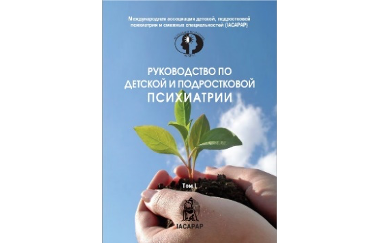
‘The textbook pays much attention to non-drug interventions, which differs from the pharmacological approach traditional in Russian psychiatry’
The textbook is the first and only book available in Russian on the topic with current evidence-based medicine content. In my opinion the chapters devoted to developmental disorders, intellectual disabilities and autistic disorders will be of special interest to Russian specialists. The textbook pays much attention to non-drug interventions, which differs from the pharmacological approach traditional in Russian psychiatry. The textbook will be very useful for a wide range of different specialists in the sphere of children’s mental health care. Some misprints in the Russian version make reading it difficult at times but not unduly so.
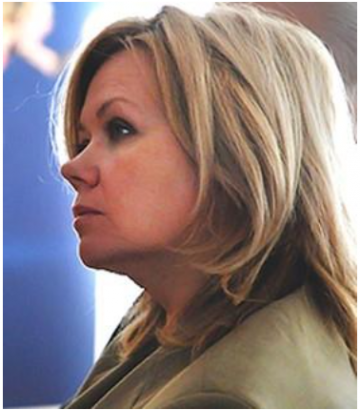
Portnova Anna A. Doctor of Medical Science, Head of the Department of Child and Adolescent Psychiatry of Moscow Scientific Research Institute of Psychiatry. Main free-lance child psychiatrist of Moscow
‘Considering the dearth of scientific literature on child psychiatry in Russia, the Russian version of the IACAPAP textbook will be very useful’
The textbook is useful and helpful. It was written by reputed authors in different spheres of child psychiatry. Considering the dearth of scientific literature on child psychiatry in Russia, the Russian version of the IACAPAP textbook will be very useful. It offers our specialists the opportunity to get a bit closer to world standards. As a specialist in early childhood, I have some questions about the chapter “The Clinical Assessment of Infants, Preschoolers and Their Families”, but I acknowledge that it is very difficult to get the complete feel of an infant and present it in a scientific text.
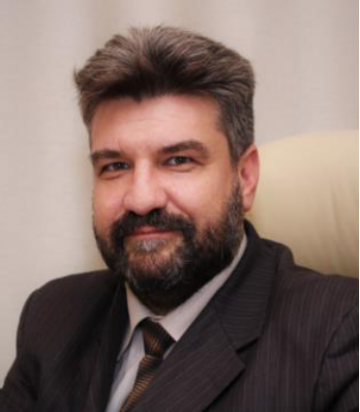
Grechanyi Severin V. Doctor of Medical Science. Assistant Professor & Head of Department of Psychiatry and Narcology of the St. Petersburg State Pediatric Medical University.
‘I enjoyed the narrative style and the emphasis on key issues based on evidence principles and international standards’
The textbook covers a wide range of issues in child and adolescent psychiatry. Along with theoretical, social and legal aspects, there are many practical recommendations. I enjoyed the narrative style and the emphasis on key issues based on evidence principles and international standards. I am sure the Russian version will be very useful not only for psychiatrists, but for all specialists working with children, and for researchers.
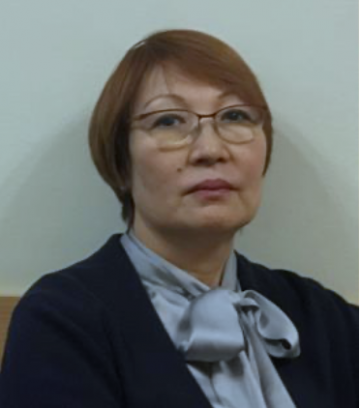
Badmaeva Valentina D. Doctor of Medical Science, Head of Department of Social and Forensic Child and Adolescent Psychiatry of the Serbsky National Medical Research Centre for Psychiatry and Narcology, Moscow.
‘I am very happy that now I have the option of recommending as one of the resources for the course a Russian version of the textbook’
I give a course at the Moscow State University (‘Disturbances of Development in Childhood and Adolescence’). I am very happy that now, thanks to my Ukrainian colleagues, I have the option of recommending as one of the resources for the course a Russian version of the textbook. Prior to 2019, when I recommended the textbook in English, only a few students used it and it took them much time and effort to read and translate it.

Rusakovskaya Olga A. Candidate of Medical Science; Assistant Professor of the Department of Clinical and Forensic Psychology, Moscow State University of Psychology and Education.
‘This textbook is a wake-up call to change entrenched views; to take a new look at what is normal and pathological in childhood’
I can read English but, certainly, it is much easier for me to read Russian. That is why I was very glad when the textbook was translated. I like the textbook very much. Firstly, it is on my list of favorite child and adolescent psychiatry resources. Secondly, the textbook is well structured and covers comprehensively and in an up to date form the main aspects of all mental and developmental disorders in childhood. Thirdly, it is nicely presented and makes sense of the philosophy of childhood. For me this textbook is a wake-up call to change entrenched views, to take a new look at what is normal and pathological in childhood. I am sure it will come home to every child psychiatrist speaking Russian.
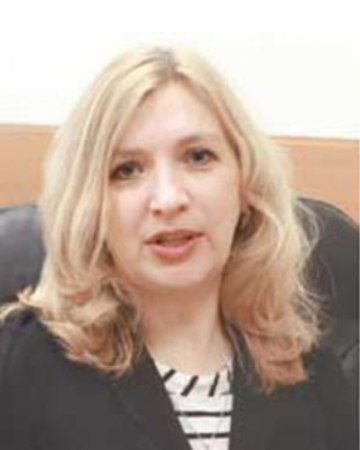
Volodenkova Elena A. Candidate of Medical Science; Head of the Department of Child psychiatry of the Krasnoyarsk Regional Psychoneurologic Dispensary #1, Main free-lance child psychiatrist of the Krasnoyarsk Regional Healthcare Ministry

